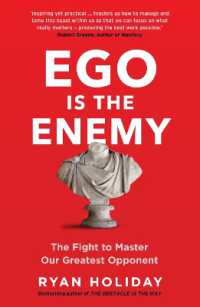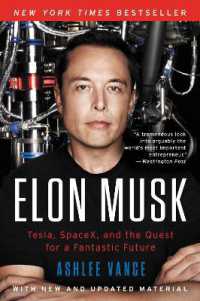Ego Is the Enemy
In Ego Is the Enemy, Ryan Holiday delves into one of the most pervasive and insidious obstacles to success and fulfillment: the ego. Drawing on a rich tapestry of historical anecdotes, philosophical insights, and contemporary examples, Holiday argues that an inflated sense of self-importance, rather than being a driver of achievement, is often its greatest saboteur.
The Three Stages of Ego
Holiday structures the book around three critical stages of life where ego poses distinct challenges:
1. Aspire: The Ego in Ambition
At the outset of any endeavor, ego can manifest as a need for recognition, a belief in one’s inherent genius, or a resistance to learning and mentorship. Holiday emphasizes that true aspiration requires humility, a willingness to be a student, and a focus on the work itself rather than the accolades.
2. Success: The Ego in Achievement
Once success is achieved, ego can become even more dangerous. It can lead to arrogance, complacency, and a refusal to adapt or acknowledge external factors. The book highlights how many great figures have fallen from grace not due to external threats, but due to their inability to manage their own success and the ego it inflates.
3. Failure: The Ego in Adversity
When faced with failure, ego can prevent individuals from learning from their mistakes, leading to denial, blame, and a refusal to accept responsibility. Holiday argues that true resilience comes from confronting reality with honesty and using setbacks as opportunities for growth, rather than allowing ego to dictate a defensive posture.
Antidotes to Ego
Throughout the book, Holiday offers practical antidotes to the destructive tendencies of ego, drawing heavily from Stoic philosophy:
- Humility: Acknowledging one’s limitations and the vastness of what is unknown.
- Realism: Seeing things as they are, not as ego wishes them to be.
- Discipline: Focusing on the process and the work, rather than the outcome or external validation.
- Self-awareness: Understanding one’s own biases and blind spots.
- Purpose Beyond Self: Directing energy towards something larger than personal gain or recognition.
Historical and Contemporary Examples
Holiday illustrates his points with compelling stories from history, featuring figures who either succumbed to ego’s pitfalls or triumphed by mastering it. Examples range from George Marshall’s quiet leadership and Jackie Robinson’s disciplined resilience to the tragic downfalls of figures blinded by their own perceived greatness.
Conclusion
Ego Is the Enemy is a powerful reminder that the greatest battles are often fought within ourselves. By understanding and actively managing our ego, we can unlock our true potential, achieve lasting success, and live a more fulfilling life. It’s a call to cultivate a quiet confidence, a relentless work ethic, and a humble approach to both aspiration and achievement.



